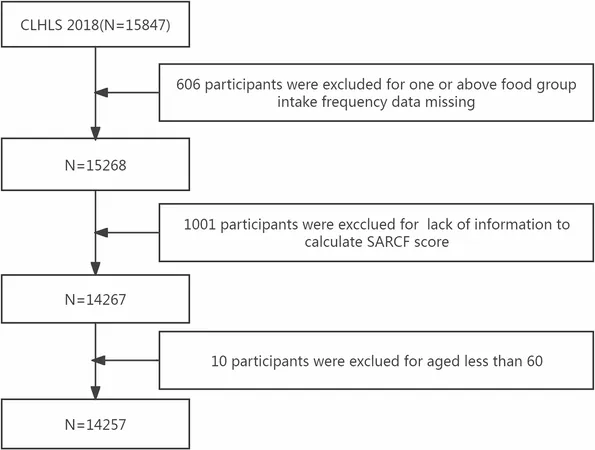
Revolutionary PREVENT Calculator Predicts Heart Attack Risk with Unmatched Accuracy
2025-05-21
Author: Jia
Unlocking the Secrets of Heart Health
In a groundbreaking study, the American Heart Association's PREVENT™ risk calculator has demonstrated an impressive ability to identify individuals with calcium buildup in their heart arteries, accurately predicting who is at a greater risk for heart attacks. The analysis, which included around 7,000 adults from New York City undergoing heart disease screening, revealed crucial insights into cardiovascular health.
What Makes PREVENT Uniquely Effective?
The PREVENT tool, launched by the American Heart Association in 2023, assesses the 10-year and 30-year risk of heart attacks, strokes, and heart failures, starting from individuals as young as 30 years old. By evaluating various factors—including age, blood pressure, cholesterol levels, body mass index, diabetes status, smoking habits, kidney function, and social determinants of health—it crafts a comprehensive risk profile aimed at predicting future cardiovascular events.
A Game-Changer in Heart Disease Prevention
The study not only corroborated the predictive power of PREVENT but also showed that its effectiveness increased when used in conjunction with coronary artery calcium (CAC) scores, resulting in more accurate risk classifications. “These findings are vital because more accurate risk predictions allow us to tailor care and decide who might benefit from preventive treatments, like cholesterol-lowering medications,” remarked Dr. Morgan Grams, the study's lead author.
How the Research Was Conducted
Researchers scrutinized nearly 7,000 electronic health records of individuals aged 30 to 79 who underwent coronary computed tomography angiography (CCTA) at NYU Langone Health between 2010 and 2024. Their findings revealed a clear trend: participants with high PREVENT scores typically also had high CAC scores, indicating a severe risk for heart attacks.
Stunning Statistics—What Do They Reveal?
The results from the analysis showed that 43.6% of participants had a low (less than 5%) risk of heart attack, while 6.2% faced high risk (more than 20%). This correlation between PREVENT scores and CAC scores further solidified the calculator’s reliability in pinpointing those who are at risk but might not show symptoms yet.
Implications for the Future of Cardiovascular Health
Dr. Sadiya Khan, a co-author and expert from the American Heart Association, emphasized the importance of CAC scores in assessing heart disease risk. “CT scans to evaluate coronary calcium might be instrumental in deciding when to start or intensify cholesterol-lowering therapies,






 Brasil (PT)
Brasil (PT)
 Canada (EN)
Canada (EN)
 Chile (ES)
Chile (ES)
 Česko (CS)
Česko (CS)
 대한민국 (KO)
대한민국 (KO)
 España (ES)
España (ES)
 France (FR)
France (FR)
 Hong Kong (EN)
Hong Kong (EN)
 Italia (IT)
Italia (IT)
 日本 (JA)
日本 (JA)
 Magyarország (HU)
Magyarország (HU)
 Norge (NO)
Norge (NO)
 Polska (PL)
Polska (PL)
 Schweiz (DE)
Schweiz (DE)
 Singapore (EN)
Singapore (EN)
 Sverige (SV)
Sverige (SV)
 Suomi (FI)
Suomi (FI)
 Türkiye (TR)
Türkiye (TR)
 الإمارات العربية المتحدة (AR)
الإمارات العربية المتحدة (AR)